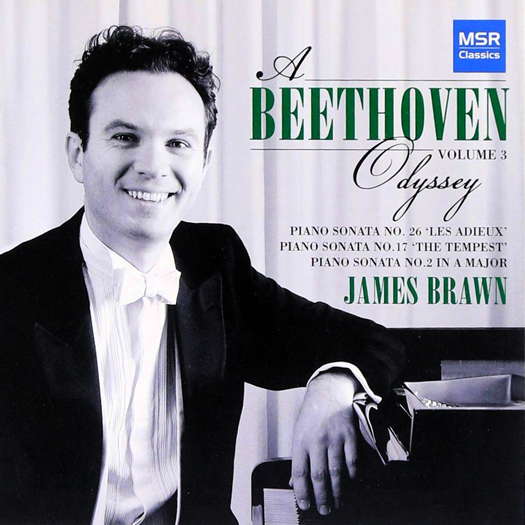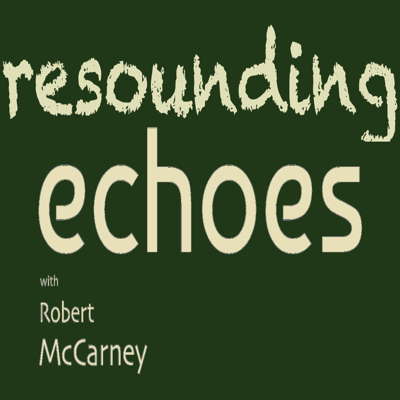 DISCUSSION: John Dante Prevedini leads a discussion about Improvisation in the classical world and beyond, including contributions from David Arditti, James Lewitzke, James Ross and Steve Vasta.
DISCUSSION: John Dante Prevedini leads a discussion about Improvisation in the classical world and beyond, including contributions from David Arditti, James Lewitzke, James Ross and Steve Vasta.
Paul Wranitzky
Moravian/Austrian composer and conductor Paul Wranitzky was born in Neureisch (Nová Říše) in Moravia on 30 December 1756. He studied in Olomouc and then Vienna.
He moved to Vienna to work, conducting both royal theatre orchestras and earning the respect of Beethoven, Haydn and Mozart. Some scholars believe that he studied with Haydn.
His output as a composer includes forty-four symphonies, ten operas, at least fifty-six string quartets and much other orchestral and chamber music. His popular 1789 opera Oberon – The Fairy King inspired Emanuel Schikaneder to come up with the libretto for Mozart's The Magic Flute.
At the turn of the eighteenth century, Wranitzky was Vienna's most important writer of symphonic music, and he is one of three possible composers of the Austrian National Anthem.
Paul Wranitzky died in Vienna on 29 September 1808, aged fifty-one.
A selection of articles about Paul Wranitzky
CD Spotlight. A Moravian in Vienna - Keith Bramich listens to Wranitzky sinfonias. '... sprightly and intelligently played readings ...'
CD Spotlight. Truly Interesting and Well-crafted - Gerald Fenech listens to more orchestral music by Paul Wranitzky. '... vividly refreshing yet technically demanding music, warmly performed and recorded.'
CD Spotlight. A Prolific Composer - Orchestral music by Czech composer Paul Wranitzky, warmly recommended by Gerald Fenech. 'Sensitive and engrossingly passionate performances ...'
CD Spotlight. A Journey of Unending Delights - Music by Paul Wranitzky impresses Gerald Fenech. 'The Neumeyer Consort's performances display a mastery of Boismortier's language that is just astonishing ...'



